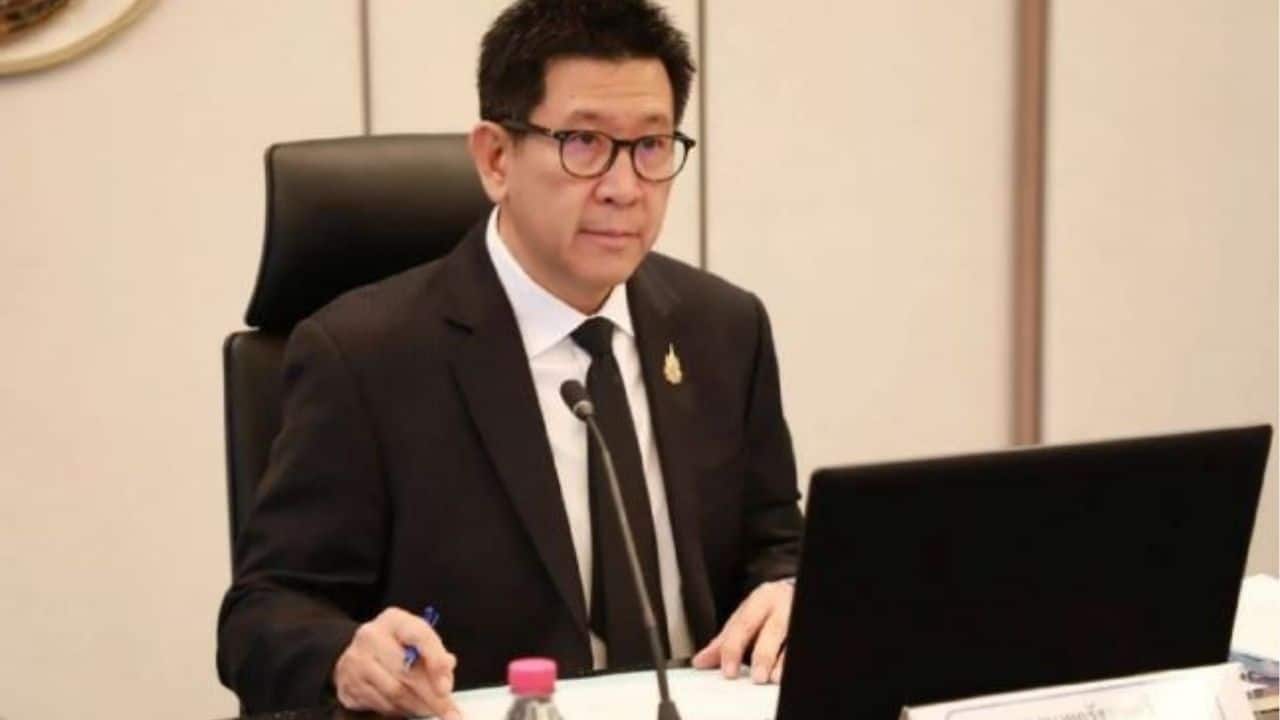Thai budget deficit dips by 8.4% as economy stumbles on

Thailand’s Cabinet approved a new fiscal plan projecting reduced budget deficit and increased spending, aiming to stabilise the economy amid weak growth.
Thailand’s government has announced an 8.4% reduction in the national budget deficit for the 2027 fiscal year, signalling a cautious step towards stabilising public finances amid a sluggish economy.
Yesterday, November 18, the Cabinet approved a medium-term fiscal plan projecting government spending at 3.79 trillion baht for 2027, just slightly higher than the 3.78 trillion baht allocated for 2026. However, the 2027 deficit is expected to narrow to 788 billion baht, down from the 860 billion baht shortfall anticipated this fiscal year.
The projection assumes modest economic growth of 2.1% to 3.1%, with inflation estimated between 0.4% and 1.4%. While the fiscal outlook appears marginally improved, the government also forecast the public debt-to-GDP ratio to climb to 69.36% by the end of 2027, edging close to Thailand’s 70% ceiling, from 68.17% expected by the end of 2026.
“In implementing medium-term fiscal policies, the government is focusing on restoring the country’s fiscal position to enhance financial stability and maintain its creditworthiness.”
Despite efforts to rein in the deficit, Thailand’s economy continues to underperform compared to regional peers. A mixture of weakened tourism, sluggish manufacturing, and political uncertainty, compounded by ongoing border tensions with Cambodia, weighed heavily on growth.
Gross domestic product expanded by just 1.2% year-on-year in the third quarter of 2025, marking the weakest performance in four years. On a quarterly basis, GDP shrank by 0.6% compared to Q2, the first contraction in 11 quarters, though officials have ruled out a technical recession for now, Bangkok Post reported.
According to World Bank data, Thailand ranked third in Southeast Asia by GDP in 2024, reporting US$526 billion (around 18.8 trillion baht). Indonesia topped the list with US$1.4 trillion, followed by Singapore with US$547 billion.
Adding to the uncertainty, Prime Minister Anutin Charnvirakul has pledged to dissolve Parliament by the end of January, with general elections expected by late March. Government transitions in Thailand are often drawn-out affairs, potentially causing further delays in policy implementation and economic planning.
Latest Thailand News
Follow The Thaiger on Google News:


























